Introduction
The food that you give your dog can largely influence their health, both in a positive and in a negative manner. In today’s article, we’re looking at several health risks that certain pet foods, whether commercial or not, can expose your dog to.
What is a Balanced and Safe Diet for Dogs?
While the vast majority of commercial dog foods currently available contain the proper nutrients that your pet needs to thrive, there are some exceptions to the rule.
The best piece of advice that we have for you at the beginning of this article would be to have a straightforward conversation with your veterinarian and ask them to give you a recommendation of a brand that they’ve tried on multiple dogs without these animals experiencing any issues.

Your vet can tell you what nutrients you should look for on the label of any pet food that you choose.
However, if your veterinarian can’t do that for lack of time, there’s always the option of you looking for a veterinary nutritionist online (usually a person who has a Ph.D. in canine nutrition) and setting up a virtual consultation for the same purpose. You can order online vet consultation on your dog nutrition from our partner Dutch.com or any other similar service available
Not every vet is a specialist when it comes to pet nutrition, and the reason for that is a very simple one. Veterinary medicine is vast in every way, which means that a surgeon or a pathologist might not excel in nutrition because they are specialized in other areas.
Get professional help before picking a specific diet that you might want to feed your dog for the rest of their life.
What is a Dog Food-Associated Illness?
Dog food-associated illnesses are diseases that stem from whatever you feed your pet.
Usually, when people consider the concept of foodborne illnesses, they think of microbiologic contamination. And while that is indeed one of the causes of such conditions, the truth is that pet food can have many other ingredients that can make a dog sick.
Common Food-Related Diseases in Dogs
Here is a list of some of the most common foodborne diseases that your pet can develop:
Infections Caused by Germs
This is the most basic and perhaps most common health issue that can affect dogs.
More often than not, commercial diets are processed in such a way that they can’t carry dangerous germs, at least not to the extent that they can cause your pet to develop an infection.
But sometimes, even these diets can be contaminated with microorganisms such as Salmonella (a dangerous bacterium that causes food poisoning in pets), fungi, or even parasite eggs.
If you choose to feed your dog a raw diet, you are potentially exposing them to such germs. If you get your meat from the store, there’s no way of knowing how fresh it is or if a bacterial population has already grown on it.
You also run the risk of contaminating it while handling it. Even if you practice excellent hygiene in the kitchen, feeding your dog raw meat and organs is always risky, no matter how much or how often you wash your hands.
Nutritional Deficiencies
Some cheap diets do not come with the best ingredients, and that’s because manufacturing brands need to use affordable additions such as corn, wheat, rice, peas, or anything else that doesn’t cost much and that can fill your dog up.
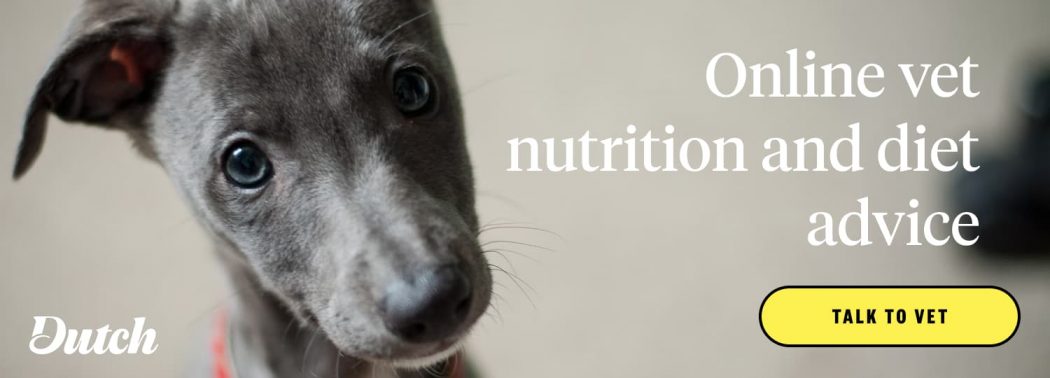
The issue with such diets is that dogs don’t really get the right nutrients out of them. So, in time, they could develop certain deficiencies in minerals, vitamins, or specific amino acids that they need to thrive.
Nutritional deficiencies are even more common in certain dog categories, especially puppies, seniors, and pregnant pets.
Poisoning – Pet Food Contaminated With Toxins
Bacterial and fungal toxins can put both your dog’s and your own life in danger. Botulism is a life-threatening condition that can be quickly developed as a result of your dog coming in contact with a germ called Clostridium botulinum.
Some dogs can also get tetanus after being exposed to Clostridium tetani.
As for fungal toxins, the most common one that can be found in pet food is called Aflatoxin and comes from the food being contaminated with Aspergillus flavus or Aspergillus parasiticus.
These two fungi can be found in any type of food that was kept in unsanitary conditions, especially those involving too much moisture. The toxin is widespread in foods like peanuts (and peanut butter), seeds, and grains (which are commonly used in the manufacturing of dog kibble these days).
Organ Damage Caused by Certain Ingredients (or lack thereof)
Some breeds are more likely to suffer from specific health conditions because they are genetically predisposed to them. For example, Cocker Spaniels can develop dilated cardiomyopathy when they do not get enough taurine in their diets.
On the other hand, if there are any problems with the manufacturing process itself, your dog’s food could end up containing dangerous levels of certain ingredients, such as salt.
Other minerals can cause various issues, especially in terms of cardiovascular health. Poisoning can also happen because of dangerous levels of vitamin D in your dog’s food, which is likely to happen, especially if you’re giving them a puppy diet.

Metabolic Diseases Caused by Unbalanced Dog Diets
Although not many people consider it an actual health issue, dogs have become more prone to becoming obese these days. And while nobody wants to see their dog being too thin, the trouble with excess weight is that it can lead to a wide range of other health complications.
For example, dogs that are fed diets rich in fat are more likely to develop pancreatitis. Those that eat foods that have too much grain content in them are not only at risk of becoming obese but also run the risk of becoming diabetic.
When there is a lot of fatty tissue present inside your dog’s abdominal cavity, it’s effectively putting a lot of pressure on their organs. As such, they are likely to function differently or, in any case, not to their maximum capacity.
Diagnosis of Food-Related Diseases in Dogs
Your vet can do their best at discovering what’s causing your dog’s symptoms, and the clinical signs of all of the illnesses listed above are quite varied.
Some dogs might experience digestive distress, especially after coming in contact with an ingredient their body doesn’t favor and can’t process well, or worse, after eating food contaminated with bacteria or a toxin.
Because digestive infections and other food-related conditions are sometimes hard to diagnose, some vets will put their patients on a course of antibiotics just to be on the safe side of things.
There’s also the possibility of some pets becoming sick after being kept in a kennel for the duration of their owners’ vacation, simply because they might have shared the same food and water bowls with other dogs.
Generally, when you take your dog to the animal hospital, you can expect their blood and urine to be tested for any toxins or germs.
Your dog might undergo an ultrasound to determine how their organs are functioning. Cardiovascular health might be assessed through an EKG or specific ultrasonography.
Can Dog Food-Related Illnesses be Treated?
In some cases, yes. Medications now exist for both intoxication cases and infections, but if your dog doesn’t receive veterinary assistance quickly and they develop botulism, for example, they might lose their life.
Elimination diets can be utilized if your dog is otherwise healthy but seems to get sick after eating or experiencing any number of digestive symptoms in general, probably to a specific ingredient in their diet.
Your pet might have to be kept under close observation at the vet hospital for a couple of days, during which they might be fed a different diet.

Is Dog Food Risky for Humans?
It all depends on what dog food means for you. If you feed your dog table scraps without preparing their food separately under the guidance of a veterinarian, you’re definitely putting their health in danger.
If you give your pet a raw diet and constantly handle raw meat and organs, you might be putting your own health in danger, too.
While it is true that some pet foods can sometimes be contaminated with germs or toxins, these are usually less likely to cause any significant health concerns in people, particularly if they otherwise have a healthy immune system.
Wash your hands both before and after feeding your dog if you want to be on the safe side of things. Try to limit your dog from licking your hands or face as much as possible and clean your hands after playing with them.
Summary
So, can your dog’s food make them sick? Yes.
Dogs can develop infections or severe symptoms from being fed nutritionally poor and contaminated diets, as well as raw food.
Make sure you choose high-quality dog food for your pet with your vet’s assistance, and always check the label for anything that you might feel suspicious of.
The US Food and Drug Administration publishes a list of pet food recalls on a regular basis, so make sure the diet you’re giving your dog never shows up there. If it does, stop giving it to your pet right away.
Sources
- Risk of Foodborne Illness from Pet Food: Assessing Pet Owners’ Knowledge, Behavior, and Risk Perception, Merlyn Thomas & Yaohua Feng, 2020
- Pet Food – Associated Illness, Caitlin R. Heinze, 2013
- FDA Investigation into Potential Link between Certain Diets and Canine Dilated Cardiomyopathy, 2019
- Pet Food Safety, Centers for Disease Control and Prevention, 2021
- Microbiological Hazards in Dry Dog Chews and Feeds, Jagoda Pepinska-Pacelik et al, 2021
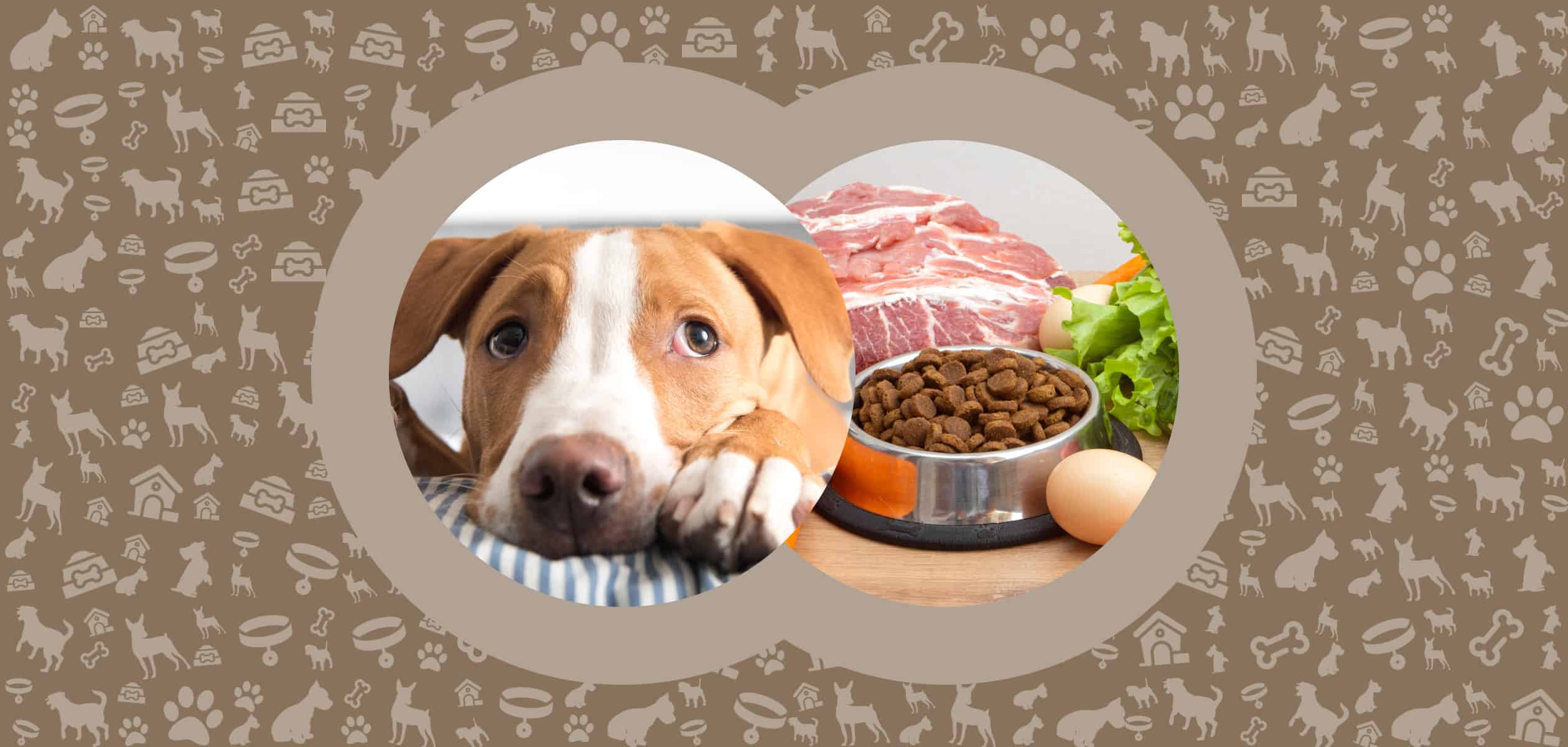
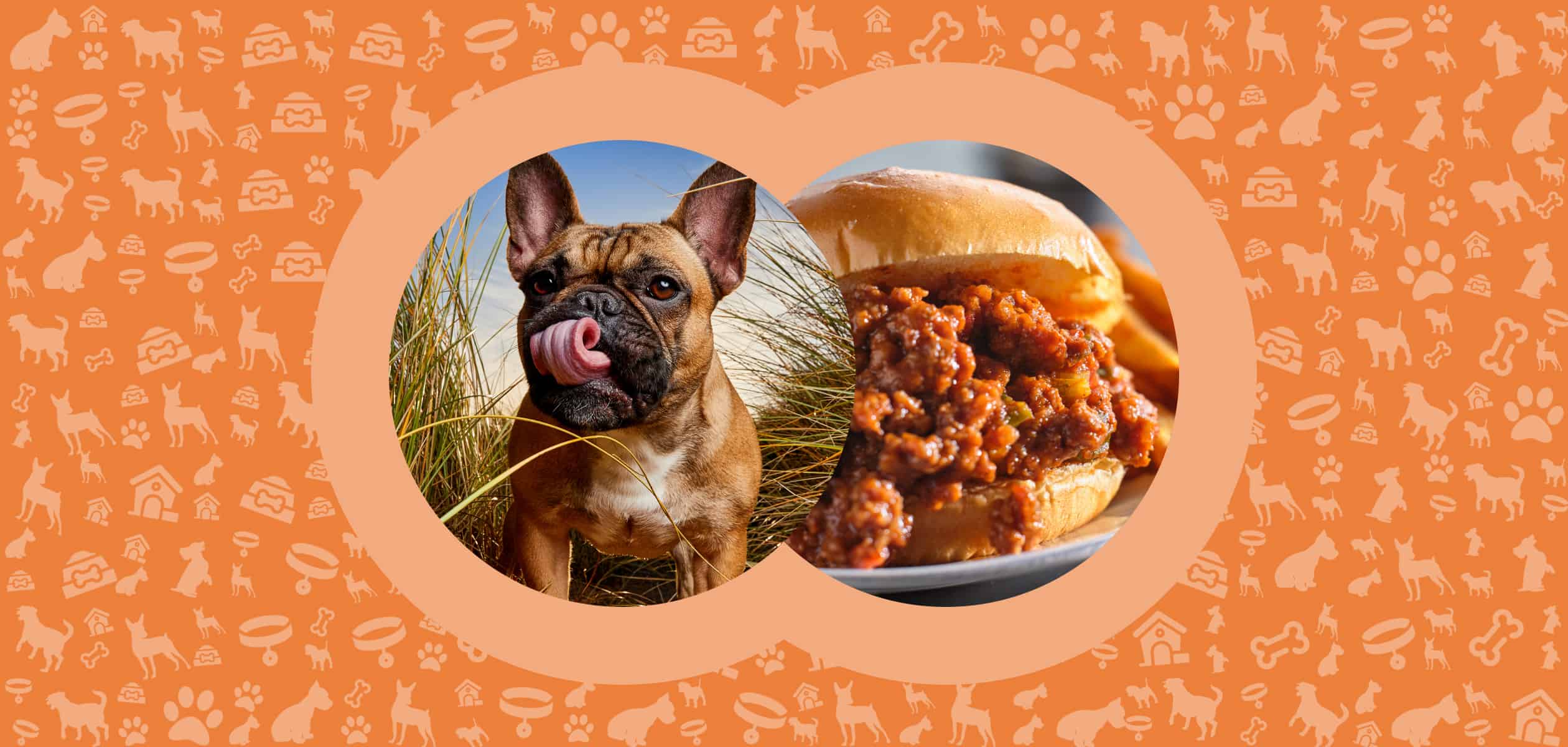
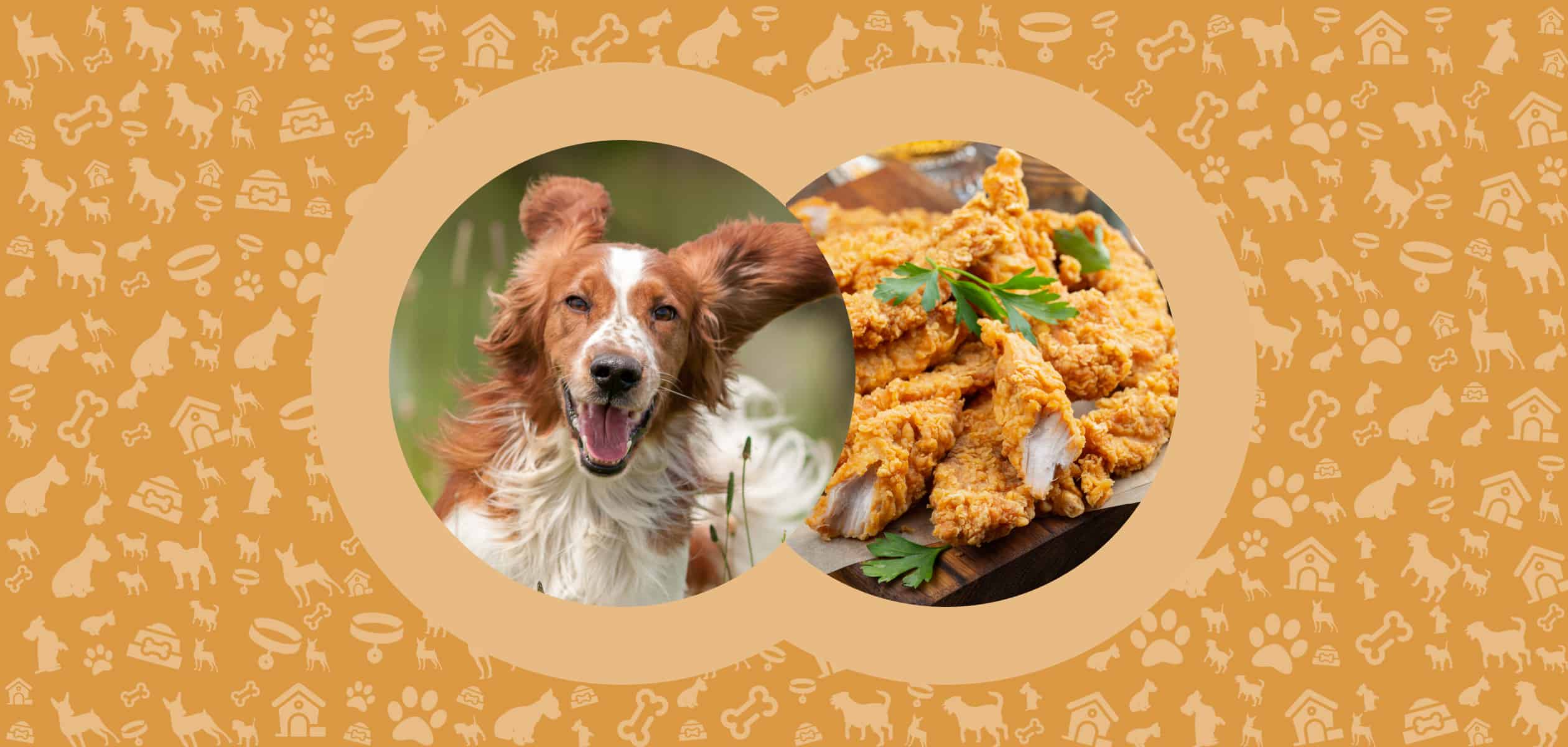
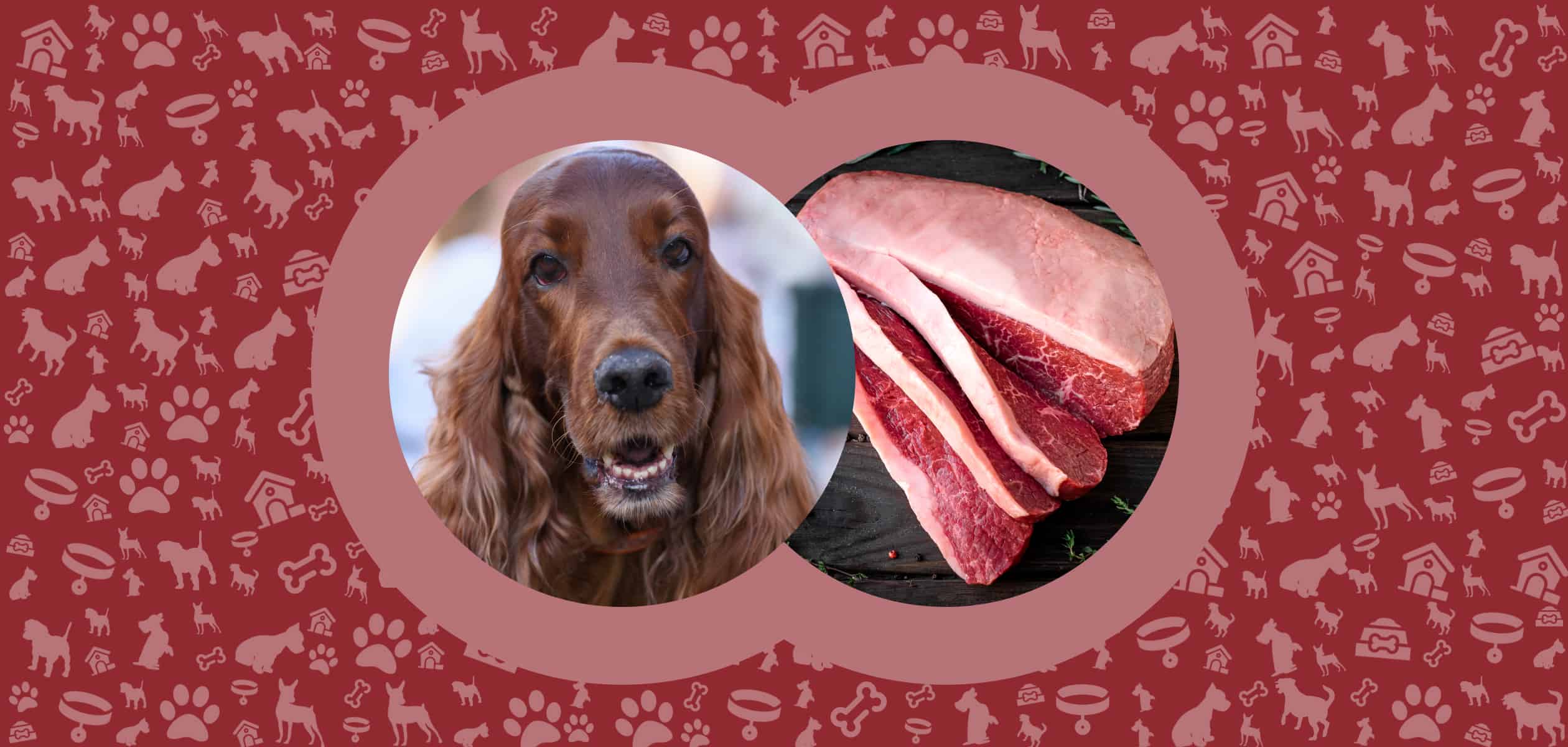
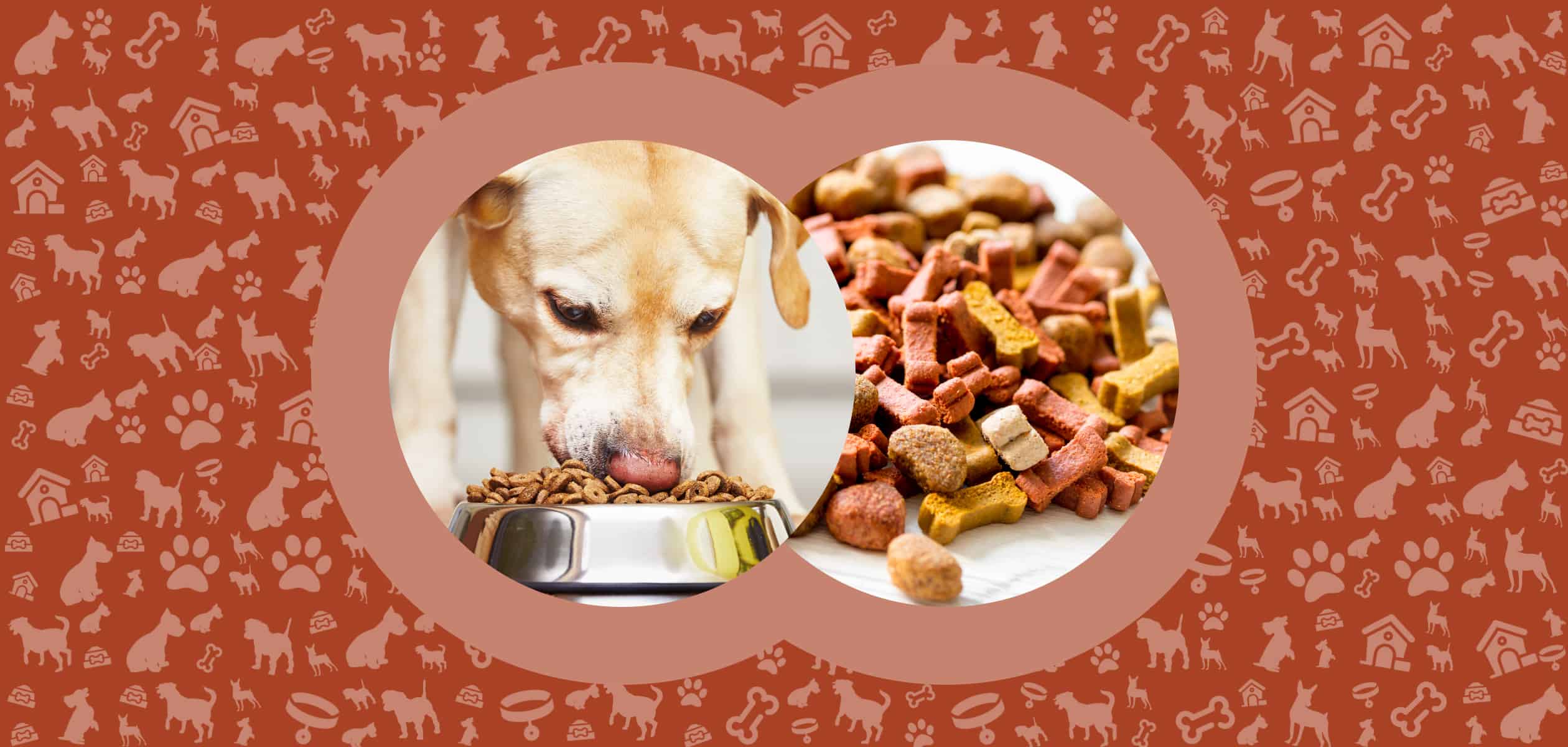
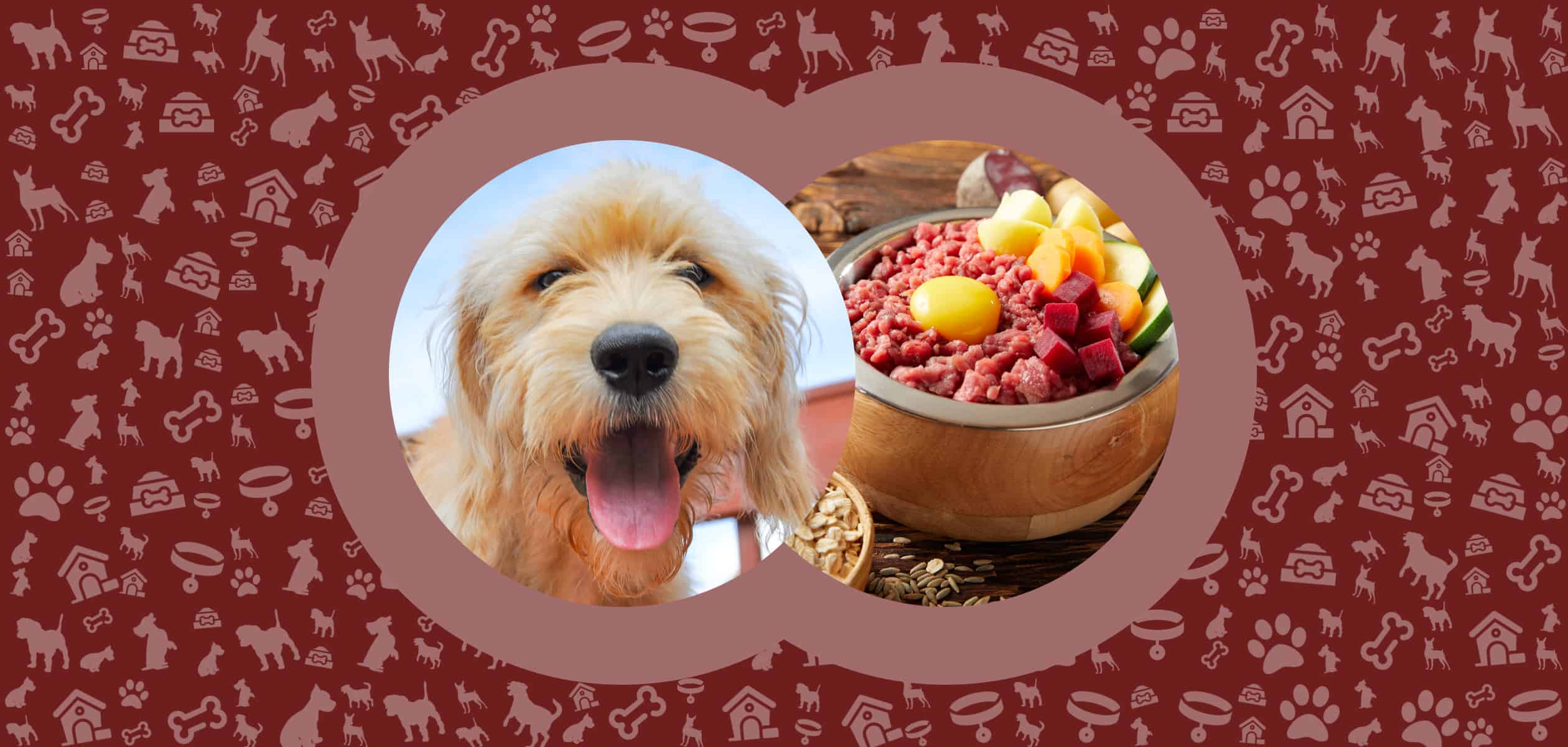
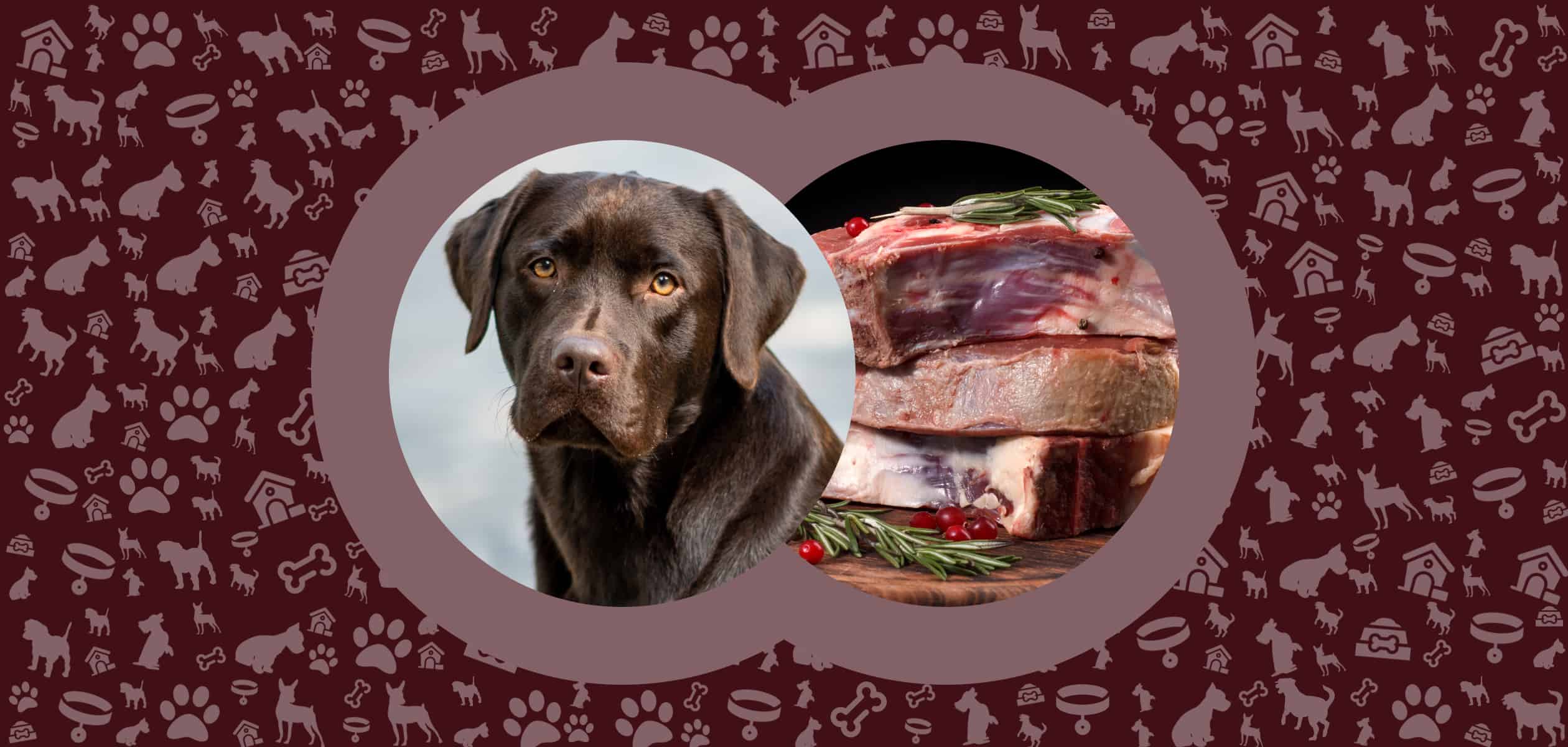
Leave a Comment